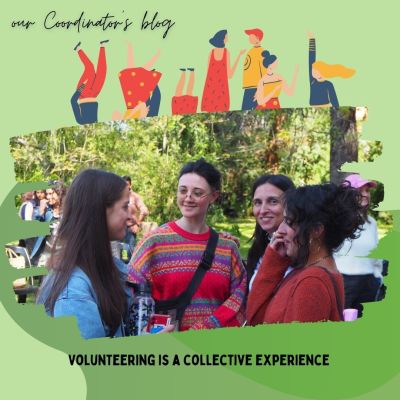Everyone who has ever visited Argentina knows that the distinct dialect of Spanish spoken, known as Rio Platense, defines it as one of the most culturally diverse countries of Latin America. This cultural diversity found in its language stems from the vast influx of immigrants from Europe in the 20th Century. Between 1910 and 1945 the majority of these immigrants came from southern Italy and brought with them a highly particular and recognisable slang, commonly known as Lunfardo. This slang has evolved over decades; words were created as a form of code so as not to be recognized by state officials and police. It is this Lunfardo, coupled with distinct grammatical peculiarities such as the use of the vos pronoun and the different pronunciations of ‘ll’ and ‘y’ which make Argentine Spanish so unique and fascinating. Below are a few words and phrases which show this difference and their individual social context and how they are particular only to the Rio Platense dialect Quilombo – A mess, chaos – This word is only used in the Rio de la Plata region, most commonly in Argentina. Interestingly, unlike most of the Lunfardo in Buenos Aires it does not derive from southern Italy, but from Brazil. This Brazilian word was used to describe the unpleasant living conditions of slums in the country. The word has since come to describe a mess or a chaotic scene, but, by extension is also used to refer to a brothel. Chamuyero – A smooth talker – Someone who speaks about trivial and unimportant things in order to chat someone up, with a certain hint of slyness. This word often has fairly negative connotations, but its roots are not from Italy but from Argentina, and it is a word solely recognisable in this country and not in any other Spanish-speaking nation.
Continuing on this vein of words which are applicable only to Rio Platense Spanish, the following words and phrases underline further this idea of cultural identity in Argentina, as they would never be heard anywhere else but are recognisable through its slang, or Lunfardo; Salir de joda – To go out Tener (mucha) onda – To ‘be with it’, to be trendy Trucho/a – Incorrect, wrong Mina – girl Perhaps the best known of all the Argentinian slang phrases and most readily identifiable with the country is ¡Che Boludo! This phrase is highly ambiguous as it can either be offensive or actually a term of endearment toward a good friend. For example calling someone a “boludo” could mean you are referring to them as an idiot or a fool. Between close friends it is commonly used as a way of saying “hi mate” or “hi buddy”. But in a cultural sense this phrase is a fantastic example of the Argentine communication. It is quite a common belief worldwide that when Argentines speak they do so with freedom and find whatever words sound the most fluid in speech. It is this freedom of speech which makes a phrase like “Che Boludo” such a fine example of their cultural identity.




